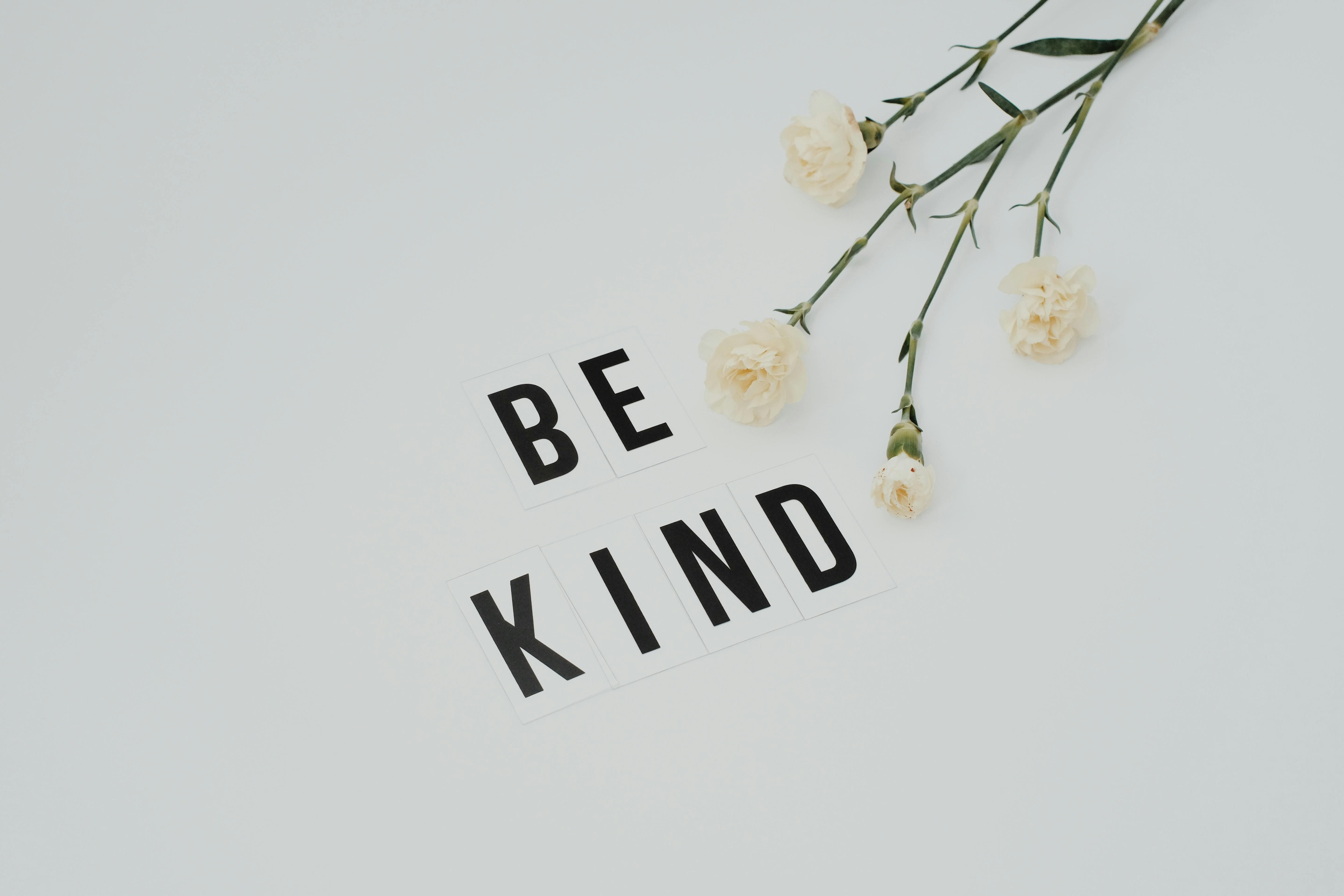Did you know that the words we use every day can leave a lasting impact on someone’s mental health?
Many people can relate to how a single negative word or statement can linger in someone’s mind, haunting them even years later.
January 20 marks the start of 'No Name-Calling Week', an annual event celebrated in various parts of the world to raise awareness about the effects of verbal abuse and bullying.
Although this initiative began in the United States, the aim to promote kindness and respect - a goal that is essential for mental health, resonates globally.
What is Name-Calling?
Name-calling is the act of using hurtful, inappropriate, or offensive words to belittle, insult, or demean someone's personality or character.
It typically involves labeling a person in a degrading way, and such terms can lead to lasting emotional and psychological impacts.
While name-calling can can sometimes be intended as a joke or often brushed off as playful teasing it can still lead to negative outcomes. Even if it seems lighthearted to one person, the recipient might feel hurt or disrespected.
What one person views as harmless teasing could be seen as offensive or damaging by someone else, depending on the context and the nature of their relationship.
It has serious consequences for mental health, with its effects lingering from childhood into adulthood, growing and festering over time.
In today’s world, the interconnectedness brought by social media has made verbal abuse even more widespread. It is now easy for people hide behind screens to engage in cyberbullying.
Note that name calling is not confined to teenagers and schools; it also occurs in workplaces, families, and social circles, impacting individuals of all ages.
Mental Health Implications of Verbal Abuse

1. Heightened Criticism
Name-calling leaves a mark that often manifests as an inner critic. When individuals hear negative words repeatedly, they begin to focus solely on their flaws, mistakes, and weaknesses.
They become less compassionate towards themselves, internalizing the labels and viewing themselves through the lens of others’ criticism.
Over time, this critical voice drowns out any positive self-image, making it increasingly difficult to see their worth.
2. Self-Doubt:
Picture someone who repeatedly tells you that you’re dull or incapable. Over time, those comments morph into a persistent voice in your mind, leading you to question the abilities and strengths you once held dear.
You begin to second-guess your potential and wonder if you can achieve anything of significance. Their voices drown out your own, and soon, their judgments feel like undeniable truths.
3. Physical Manifestations:
The impact of verbal abuse extends beyond the mind. The stress it generates can result in physical symptoms such as headaches, sleep disturbances, and fatigue.
As time passes, these physical ailments serve as constant reminders of emotional scars, creating a painful cycle that seems impossible to break.
4. Feelings of Worthlessness:
When you’re repeatedly subjected to derogatory names, it erodes your self-worth. You start to internalize the belief that you’re not good enough or unworthy of love and respect.
This sense of worthlessness deepens, often leading individuals to withdraw from relationships, opportunities, and experiences that could have brought them happiness and fulfillment.
5. Suicidal Thoughts:
The emotional burden of name-calling can foster feelings of despair. When someone is told time and again that they are unwanted or unworthy, they may begin to question their existence.
Research indicates bullying and verbal abuse are closely linked to suicide, as some individuals see no other escape from their suffering.
6. Emotional Isolation:
Victims of verbal abuse often find themselves withdrawing from others, fearing further criticism or judgment. They may retreat into solitude, distancing themselves from friends, family, and colleagues.
This isolation creates a harmful cycle, leaving them feeling even more alone and misunderstood, which only intensifies their pain.
7. Mental Health Challenges:
The long-lasting effects of name-calling are significant. Anxiety, depression, and even trauma are common repercussions.
Imagine the constant replay of hurtful words from years past -they linger and don’t simply fade away.
Curbing Name-Calling for Better Mental Health
The impact of our words lingers, often altering how people perceive themselves and their surroundings.

- Be Kinder with Your Words: One of the simplest yet most impactful changes we can make is to choose kindness in our conversations.
- Protect Your Identity: Do not to allow words that contradict your true selves to define you.
- Awareness: There should be more awareness on the harmful effects of name-calling. Educating people on its impact can help reduce its prevalence
Conclusion
As we look back on this year’s No Name-Calling Week, let’s pledge to use words that uplift rather than diminish.
Healing starts with the language we choose.
Together, we can build a community that honors, respects, and values every individual.
Find the nearest physical and online therapist near you.
Click https://tranqbay.health/ to get started!
We’ve also included a step-by-step guide to assist you in booking your first session.
https://tranqbay.health/blog/general/speak-with-an-online-therapist-a-step-by-step-guide
